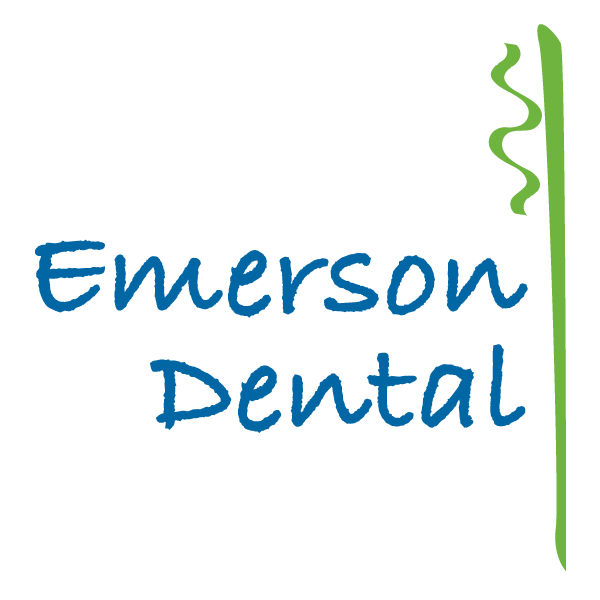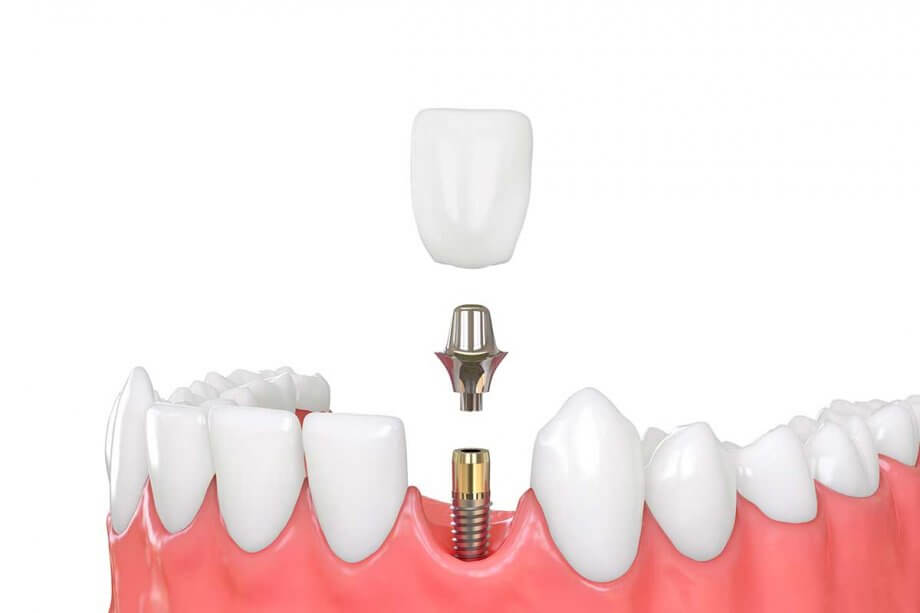Although primitive dental implants can be traced to prehistoric times, modern dental implants were developed in Sweden around 1960. They became popular in the 1990s, and today they are considered the gold standard for replacing missing or failing teeth. There are numerous dental implant-based solutions, depending on the number of teeth that need to be replaced, but for many people a single dental implant and crown is the right combination. Here is what you should know.
What Is a Dental Implant and Crown?
A dental implant and crown are used to replace a single tooth. Those with multiple missing teeth may prefer a different option, such as an implant supported bridge or an implant supported denture, though it is possible to use individual dental implants and crowns to replace numerous teeth.
After extracting the failing tooth, we will push away the gum tissue and use a specialized instrument to create a space for the implant. The dental implant will fuse with your bone through a process known as osseointegration, creating a stable and secure foundation for a customized crown.
We will use an attachment known as an abutment to precisely fit and attach a crown made of top quality dental porcelain. The crown will blend seamlessly with your natural teeth, ensuring that your smile is as aesthetic as it is functional.
Traditional Implants
A traditional dental implant requires us to place the implant and cover it with a healing cap or cover. You will use a temporary replacement such as a partial denture while the implant fuses with the bone over a period of several weeks or months. When osseointegration is complete, you will return to our office to have us remove the cover and place the abutment and crown.
Advantages of Dental Implants
Dental implants have quite a few advantages over other types of dental restorations. For example, a traditional dental bridge requires the sacrifice of healthy tooth structure from the adjacent teeth, while an implant supported bridge is completely independent of the neighboring teeth. Likewise, a partial or full removable denture restores only about 25 percent of original bite strength and is prone to slipping and movement. Dental implants replace the tooth roots, restoring more than 90 percent of bite strength and anchoring the replacement teeth firmly in the mouth.
Ready to Get Started?
If you are in the Westford area and want to start your journey toward better oral health, please contact Emerson Dental today at 978-399-0017 to schedule an appointment.

